2004 Chevrolet Tracker Brake Rotors and Pads
Click here to search another vehicle
All Rotors:
OEM x
Coated x
Drilled, Slotted and Coated x
Front x
Rear x
All Pads:
Ceramic x
Semi-metallic x
Front x
Rear x
Found 5 record
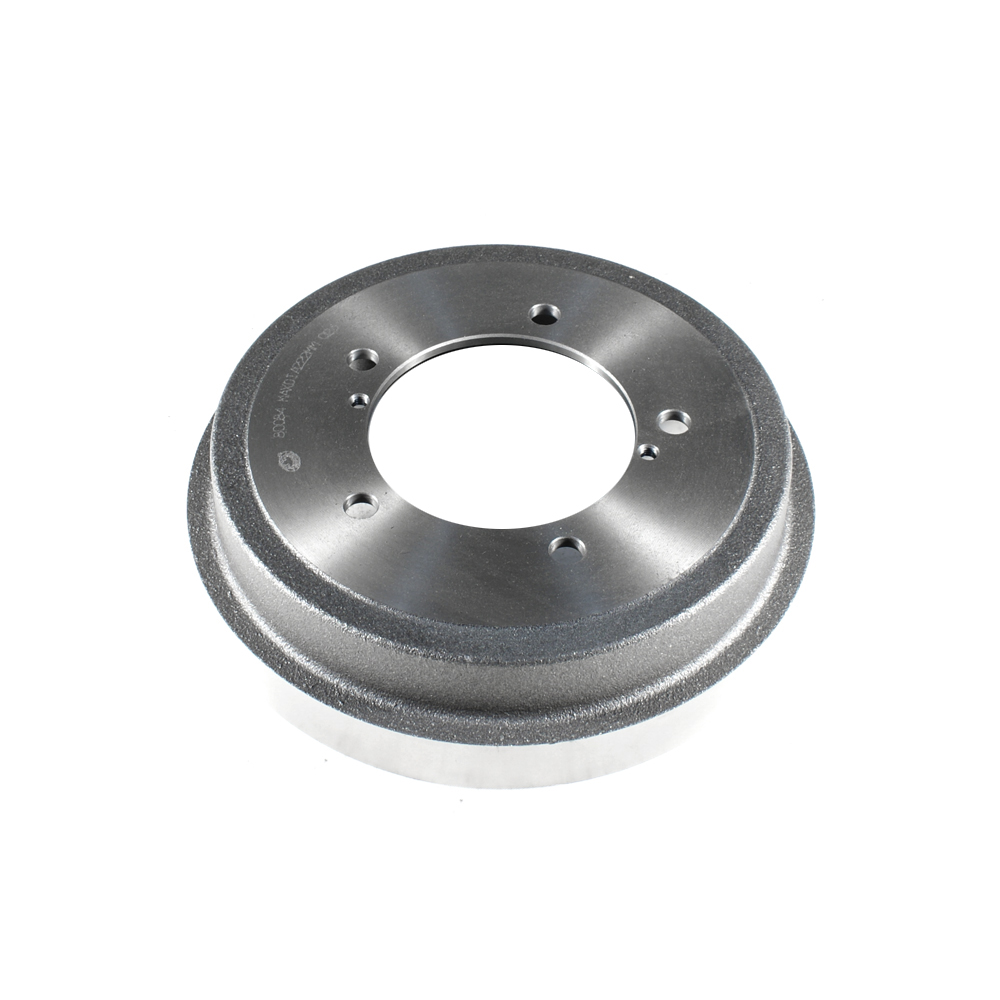
Part No: BD80084
Raybestos: 9693
OE: 30024672
Raybestos: 9693
OE: 30024672
$41.08 each
Per Car QTY: 2
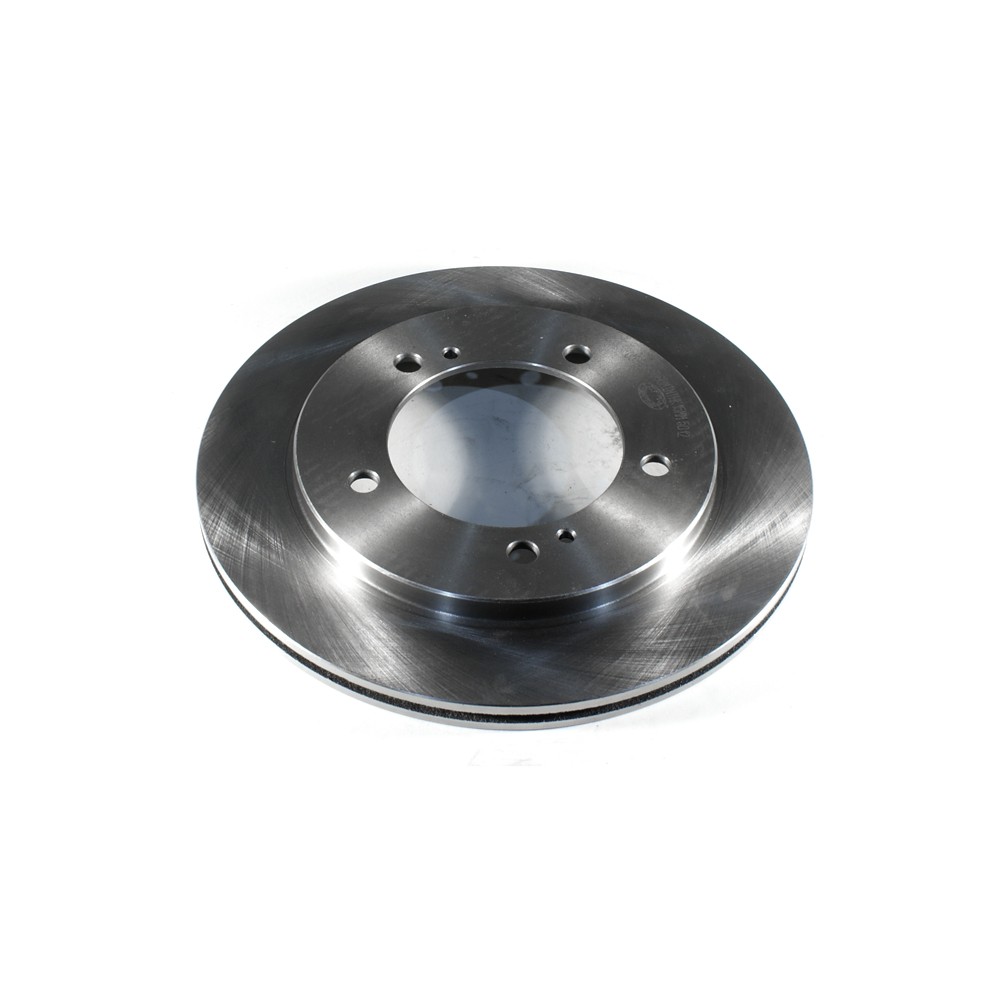
Part No: BR55060
Raybestos: 56927
OE: 30024673
Raybestos: 56927
OE: 30024673
$19.44 each
Per Car QTY: 2
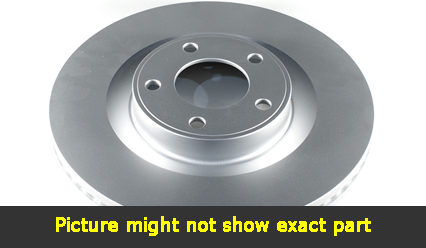
Part No: PP55060
Raybestos: 56927
OE: 30024673
Raybestos: 56927
OE: 30024673
$27.61 each
Per Car QTY: 2
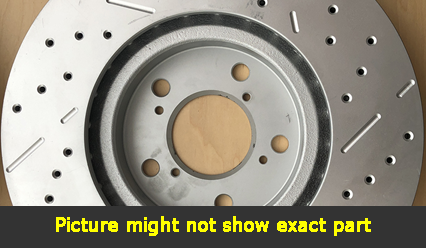
Part No: SP55060L
Raybestos: 56927
OE: 30024673
Raybestos: 56927
OE: 30024673
$60.01 each
Per Car QTY: 1
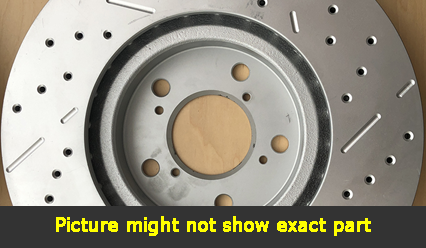
Part No: SP55060R
Raybestos: 56927
OE: 30024673
Raybestos: 56927
OE: 30024673
$60.01 each
Per Car QTY: 1
If you own a 2004 Chevrolet Tracker and are in need of new brakes, it's crucial to find the right set that guarantees safety and performance. Brakes are an essential component of any vehicle, and regular maintenance and inspection are vital for optimal functionality. Whether you need to replace the brake pads, rotors, or any other brake parts, here are some important factors to consider when purchasing brakes for your Chevrolet Tracker:
1. Compatibility: It is crucial to ensure that the brakes you purchase are compatible with your 2004 Chevrolet Tracker model. This includes considering the specific trim level and engine type that your vehicle has, as it may impact the type and size of brakes required.
2. Quality and Durability: Brakes are a critical safety feature, so it's important to invest in high-quality and durable ones. Opt for brakes that are made from quality materials and have undergone rigorous testing to ensure reliability and longevity.
3. OEM or Aftermarket: When shopping for brakes, you will come across both Original Equipment Manufacturer (OEM) and aftermarket options. OEM brakes are specifically designed for your Chevrolet Tracker, ensuring a perfect fit. Aftermarket brakes, on the other hand, are produced by third-party manufacturers. Both options have their own advantages, so choose according to your preference and budget.
4. Performance: Consider the performance characteristics you desire. Different brake pads and rotors are tailored for specific driving styles. For example, if you engage in aggressive driving or towing, you may require heavy-duty brakes with enhanced stopping power.
5. Reviews and Recommendations: Before making a purchase, consider reading reviews and seeking recommendations from fellow Chevrolet Tracker owners or professionals. This can provide valuable insights into the quality, performance, and reliability of the brakes you are considering.
6. Warranty: Opting for brakes that come with a warranty is always recommended. A warranty ensures that if any defects or issues arise, you can get them resolved or replaced without incurring additional costs.
7. Installation: While some individuals prefer to install brakes themselves, it is recommended to consult a professional mechanic for proper installation. This ensures that the brakes are installed correctly, minimizing the risk of any issues or accidents.
Remember, it is essential to maintain your Chevrolet Tracker's brakes regularly, regardless of the brand or type you choose. Regular inspections, pad replacements, and rotor resurfacing or replacement are necessary to ensure optimal braking performance and safety on the road. By selecting the right brakes and maintaining them properly, you can enjoy a smooth and secure driving experience in your 2004 Chevrolet Tracker.
1. Compatibility: It is crucial to ensure that the brakes you purchase are compatible with your 2004 Chevrolet Tracker model. This includes considering the specific trim level and engine type that your vehicle has, as it may impact the type and size of brakes required.
2. Quality and Durability: Brakes are a critical safety feature, so it's important to invest in high-quality and durable ones. Opt for brakes that are made from quality materials and have undergone rigorous testing to ensure reliability and longevity.
3. OEM or Aftermarket: When shopping for brakes, you will come across both Original Equipment Manufacturer (OEM) and aftermarket options. OEM brakes are specifically designed for your Chevrolet Tracker, ensuring a perfect fit. Aftermarket brakes, on the other hand, are produced by third-party manufacturers. Both options have their own advantages, so choose according to your preference and budget.
4. Performance: Consider the performance characteristics you desire. Different brake pads and rotors are tailored for specific driving styles. For example, if you engage in aggressive driving or towing, you may require heavy-duty brakes with enhanced stopping power.
5. Reviews and Recommendations: Before making a purchase, consider reading reviews and seeking recommendations from fellow Chevrolet Tracker owners or professionals. This can provide valuable insights into the quality, performance, and reliability of the brakes you are considering.
6. Warranty: Opting for brakes that come with a warranty is always recommended. A warranty ensures that if any defects or issues arise, you can get them resolved or replaced without incurring additional costs.
7. Installation: While some individuals prefer to install brakes themselves, it is recommended to consult a professional mechanic for proper installation. This ensures that the brakes are installed correctly, minimizing the risk of any issues or accidents.
Remember, it is essential to maintain your Chevrolet Tracker's brakes regularly, regardless of the brand or type you choose. Regular inspections, pad replacements, and rotor resurfacing or replacement are necessary to ensure optimal braking performance and safety on the road. By selecting the right brakes and maintaining them properly, you can enjoy a smooth and secure driving experience in your 2004 Chevrolet Tracker.


